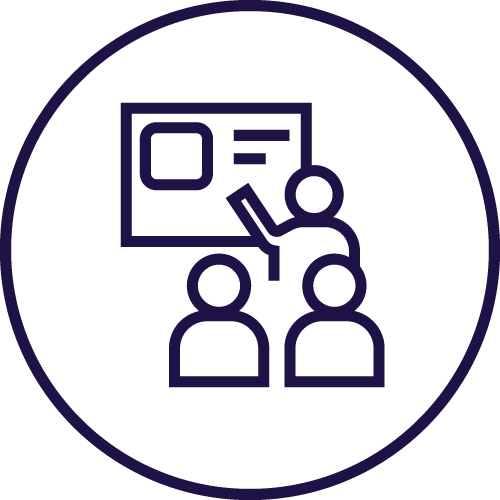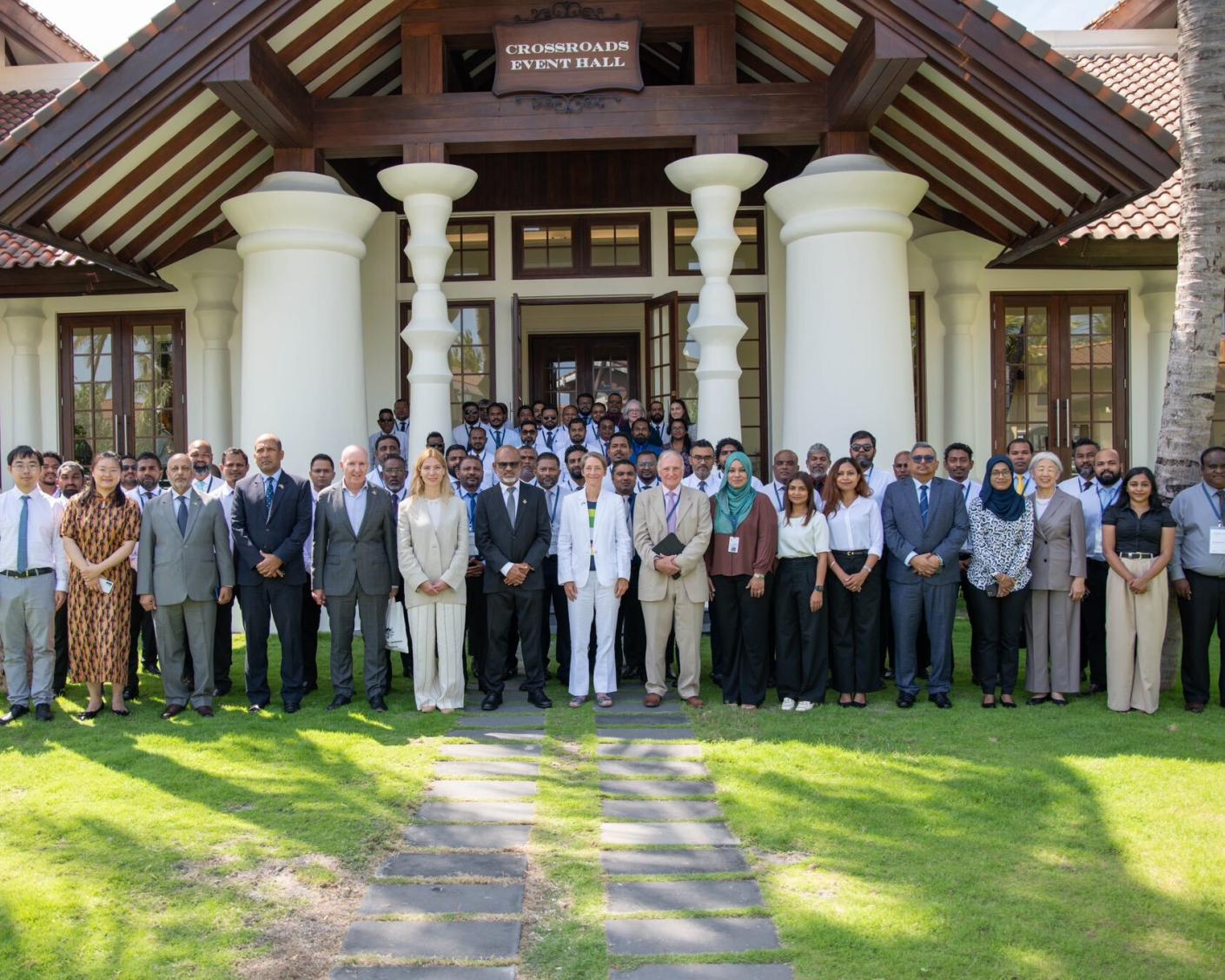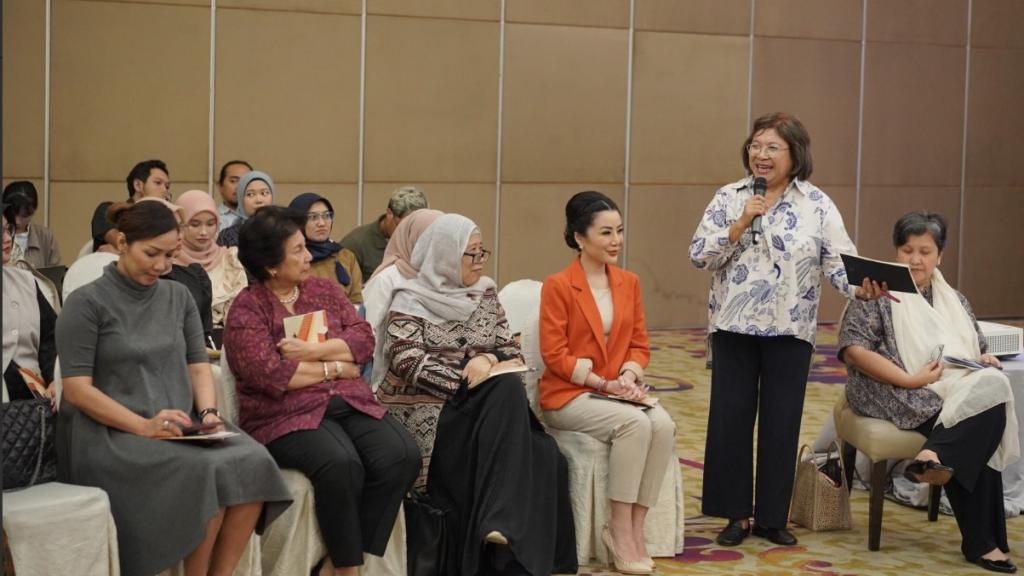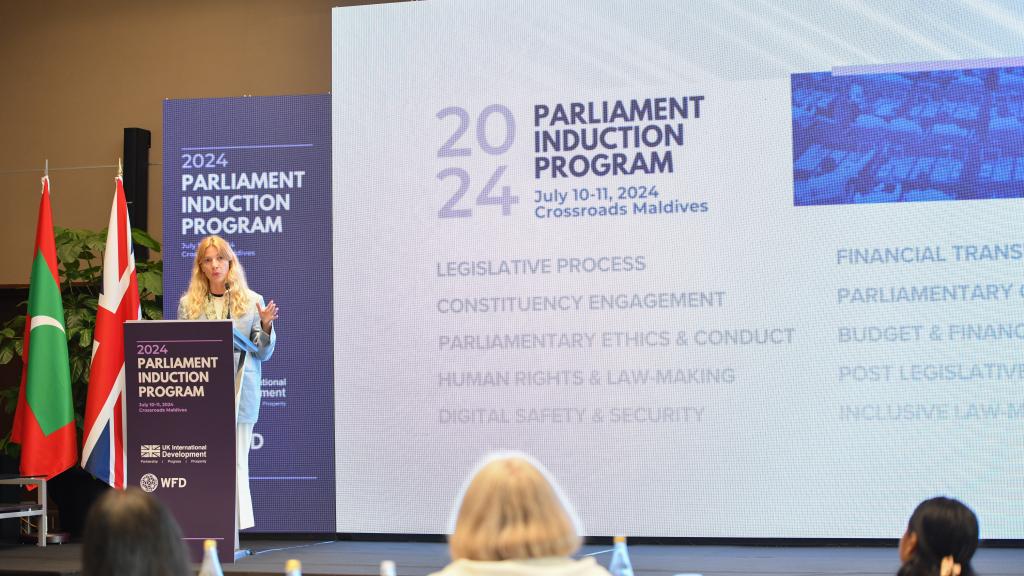Political context
Since the introduction of a new constitution in 2008, the parliament, political parties, independent institutions and civil society organisations have played a key role in promoting democracy in the Maldives. However, progress has been uneven, with gains often offset by periods of political instability and institutional overreach.
Successive elections, most recently the 2023 presidential and 2024 parliamentary polls, have repeatedly reshaped the landscape, with President Dr. Mohamed Muizzu’s People’s National Congress now holding a commanding parliamentary majority. Concentrated executive power now faces limited institutional counterweights, with the parliament’s oversight capacity constrained by partisan discipline, and independent bodies struggle with resource and capacity restrictions. Efforts to strengthen judicial independence, decentralisation and democratic accountability remain ongoing, but face resistance in the polarised political environment. While elections continue to reflect strong public engagement, structural barriers, particularly those limiting women’s political participation and the shrinking of civic space, persist. As the country continues to navigate these issues, maintaining open dialogue and cross-sector collaboration, provides clear opportunities that will be essential to reinforcing democratic governance and long-term stability.
Key areas of work
Current programmes
From commitment to action: Safe and inclusive politics in the Maldives
This programme aims to support political parties to take action to improve inclusion and safety of women political leaders by transforming existing gender equality commitments into meaningful institutional reforms within political parties. It addresses the structural and cultural barriers that hinder women’s leadership—particularly violence against women in politics (VAWP), both online and offline—while strengthening collective platforms to drive change from within the system.
Completed programmes
Commonwealth Equality Project
Democratic Accountability and Stability Strengthening
Stable and representative political arties in the Maldives
Key results

Facilitated the establishment of Cross-Party Statement to increase commitment in combating violence against women in politics (VAWP)
Produced the Cost of Politics in Maldives study, guiding dialogue and reform on campaign and political financing.

Facilitated study visits for all Committee Chairpersons

Created a Civil Society Parliamentary Network (CSPN) to formalise the relationship between civil societies and the parliament

Digitalised the committee processes through the introduction of Committee Digital Database tool
Facilitated peer-to-peer exchange between Northern Ireland Assembly and the People’s Majlis

Conducted an introductory and advanced course on post-legislative scrutiny

Conducted an induction programme for the 20th parliament members
Latest news
Contact us
Male
Maldives





